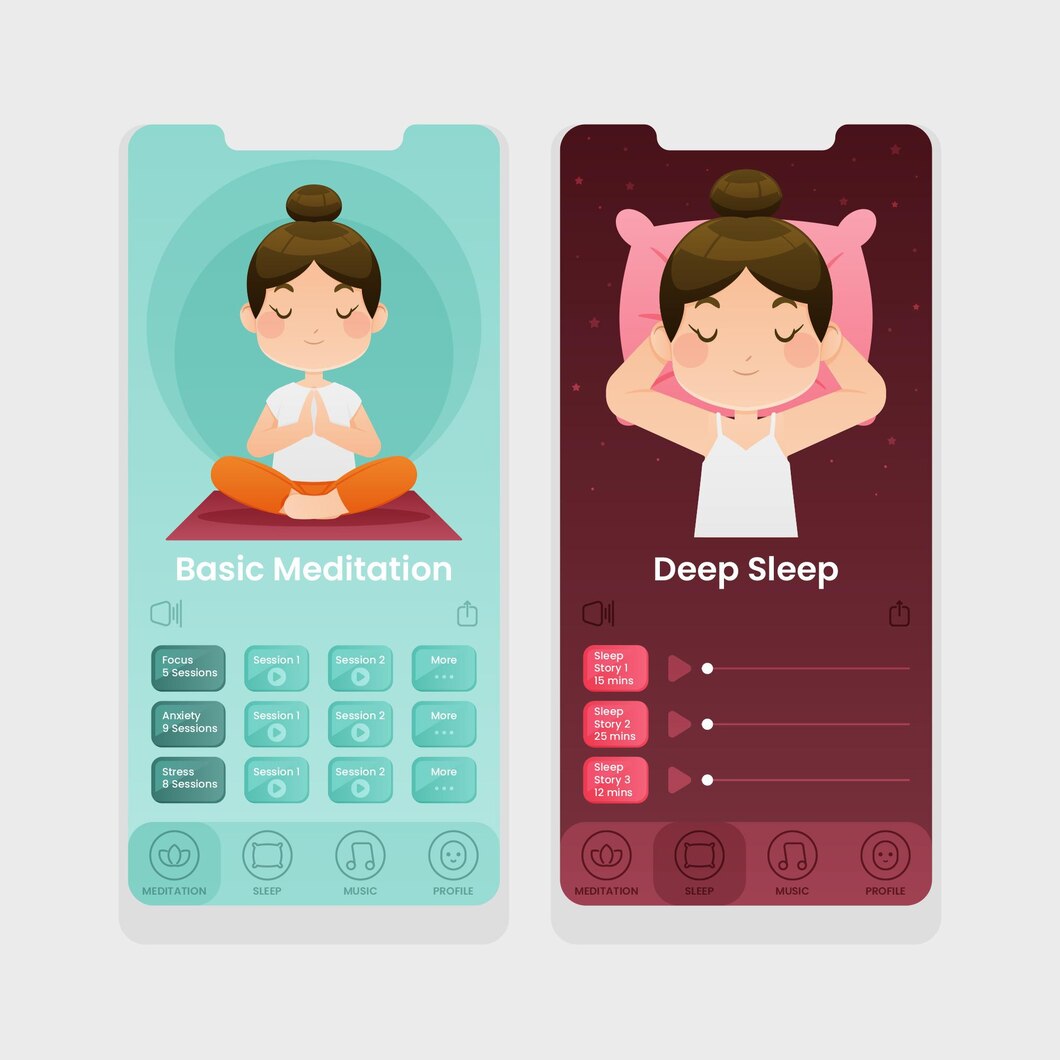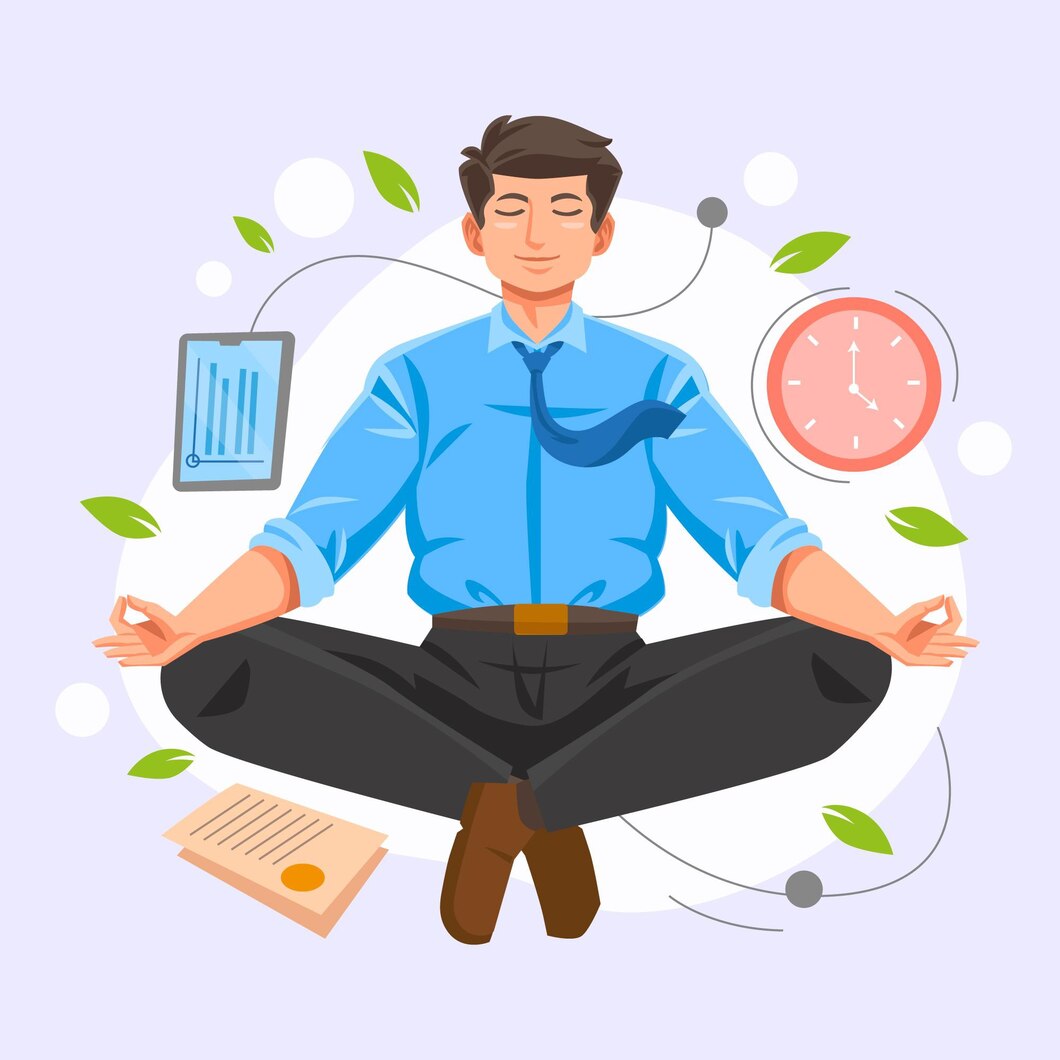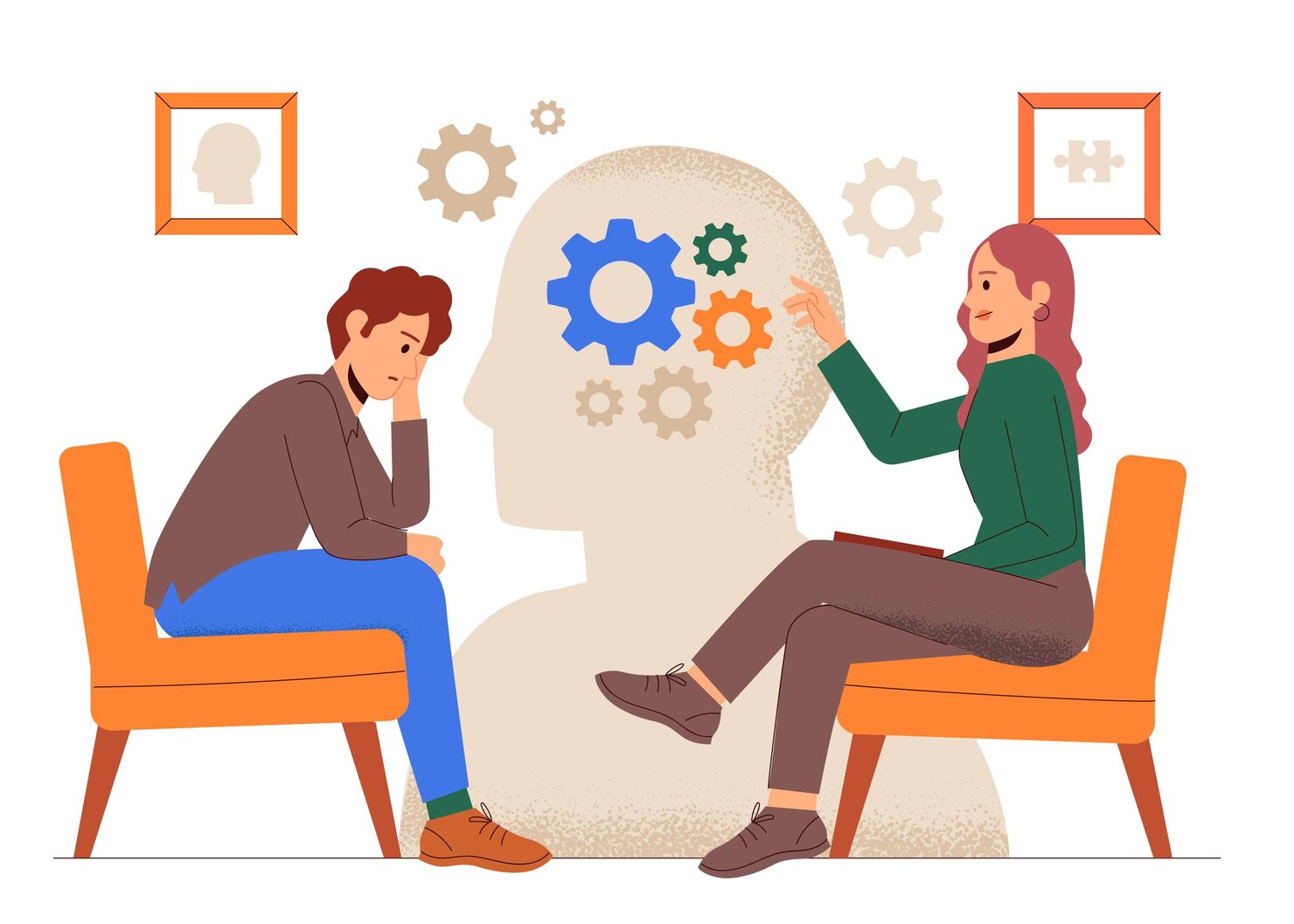Introduction
Sleep is essential for overall well-being, yet many people underestimate its impact on mental health. Poor sleep can lead to increased stress, anxiety, depression, and difficulty concentrating, affecting both emotional stability and daily functioning. On the other hand, quality sleep enhances mood, improves focus, and strengthens emotional resilience.
In this article, we’ll explore how sleep affects mental health, the consequences of sleep deprivation, and practical tips to improve sleep for a healthier mind.
1️⃣ How Sleep Affects Mental Health 😴
Sleep plays a crucial role in regulating emotions, processing thoughts, and restoring brain function. Here’s how good sleep benefits mental well-being:
✔️ Balances Mood: Sleep helps regulate hormones like serotonin and dopamine, which affect happiness and stress levels.
✔️ Reduces Anxiety & Stress: A well-rested brain is better at handling emotions and managing daily challenges.
✔️ Improves Memory & Focus: Sleep strengthens cognitive function, making it easier to think clearly and stay productive.
✔️ Supports Emotional Processing: During REM sleep, the brain processes emotions, helping you manage feelings better the next day.
Lack of sleep disrupts these processes, making mental health challenges harder to cope with.
2️⃣ The Link Between Sleep Deprivation & Mental Health Disorders
Chronic sleep deprivation is closely linked to mental health issues, including:
🔹 Anxiety & Stress – Sleep loss increases cortisol (the stress hormone), making anxiety symptoms worse.
🔹 Depression – Studies show that 75% of people with depression struggle with sleep problems.
🔹 Memory Problems – Sleep deprivation weakens brain function and decision-making skills.
🔹 Emotional Instability – Lack of rest lowers impulse control and increases irritability.
A consistent sleep routine is essential for preventing these issues and improving emotional balance.
3️⃣ Common Sleep Disruptors & How to Fix Them
Many factors can negatively impact sleep. Here’s how to tackle the most common ones:
🔹 Screen Time Before Bed 📱 – Blue light from phones and laptops disrupts melatonin (the sleep hormone).
✔️ Fix: Avoid screens 30-60 minutes before bedtime.
🔹 Caffeine & Late-Night Snacks ☕🍕 – Stimulants keep the brain active, making it harder to wind down.
✔️ Fix: Limit caffeine intake after 4 PM and eat light in the evening.
🔹 Irregular Sleep Schedule ⏰ – Going to bed at different times confuses the body’s internal clock.
✔️ Fix: Stick to a consistent sleep routine, even on weekends.
🔹 Overthinking & Stress 🤯 – Racing thoughts can prevent relaxation and restful sleep.
✔️ Fix: Try journaling or meditation before bed to clear your mind.
Small changes can significantly improve sleep quality and mental health.
4️⃣ Practical Tips for Better Sleep & Mental Well-Being
Developing healthy sleep habits can improve mood, reduce anxiety, and support mental clarity.
🌿 Create a Relaxing Nighttime Routine:
✔️ Read a book, listen to calming music, or take a warm bath.
✔️ Use essential oils like lavender to create a peaceful environment.
🛏 Optimize Your Sleep Environment:
✔️ Keep your room cool, dark, and quiet.
✔️ Use comfortable bedding and a supportive mattress.
🧘♂️ Practice Mindfulness & Deep Breathing:
✔️ Try the 4-7-8 breathing technique:
- Inhale for 4 seconds, hold for 7 seconds, and exhale for 8 seconds.
✔️ Use guided meditation apps like Headspace or Calm.
🔄 Follow a Consistent Sleep Schedule:
✔️ Aim for 7-9 hours of sleep per night.
✔️ Wake up at the same time every day—even on weekends.
These small adjustments lead to long-term benefits for mental and emotional well-being.
Conclusion
Sleep is a powerful tool for maintaining good mental health. A well-rested mind is happier, sharper, and more resilient to stress. By improving sleep habits—reducing screen time, maintaining a routine, and creating a relaxing environment—you can boost emotional balance, productivity, and overall well-being.
💡 Start prioritizing sleep today for a healthier mind tomorrow!
🚀 Ready to improve your mental well-being? Try these sleep tips and feel the difference!



